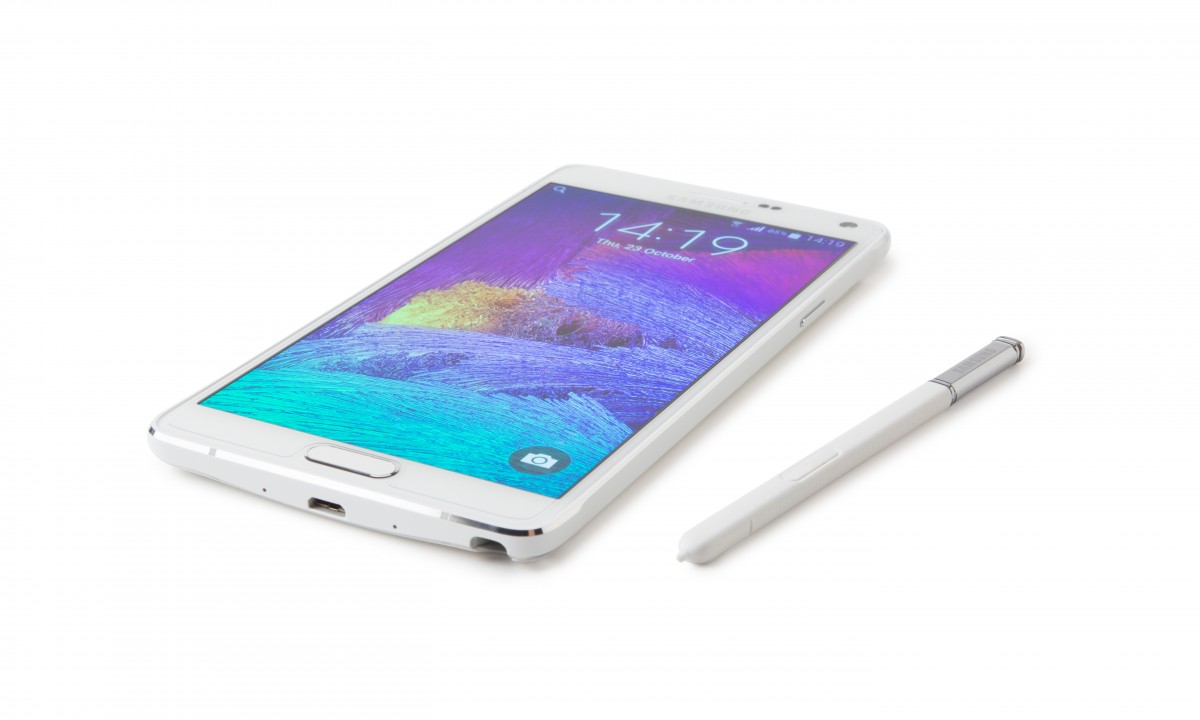
Is Android Open to Real Competition in Wireless?
A US Senate antitrust subcommittee hearing last week, “An Examination of Competition in the Wireless Market” focused mostly on the nation’s largest wireless carriers.
Sen. Mike Lee (R-UT) spoke of other important “concerns expressed regarding the competitive state of other aspects of the mobile device ecosystem, including the market for operating systems… and the potential for a company with market power to leverage that power to limit competition in mobile services.”
Google’s Android is far and away the dominant OS for mobile, installed on 79 percent of smartphones in 2013 according to IDC. Google makes the OS available to manufacturers for ‘free,’ but uses that tremendous reach to tightly control how OEMs use its apps and mobile services.
Eric Schmidt, Google’s chairman, downplayed antitrust concerns about Android in written responses to questions from several members of the Senate antitrust subcommittee in 2011 following a hearing on “The Power of Google.”
Schmidt wrote then: “One of the greatest benefits of Android is that it fosters competition at every level of the mobile market—including among application developers. Google respects the freedom of manufacturers to choose which applications should be pre-loaded on Android devices. Google does not condition access to or use of Android on pre-installation of any Google applications or on making Google the default search engine.”
Questions About Android’s Openness
Recent commentary contradicts Google’s misleading claim that Android is a completely open platform that gives manufacturers wide latitude to customize the OS and apps they offer consumers.
As the Wall Street Journal reported in February, “Google has imposed strict restrictions on device makers that want access to its search engine, YouTube or the more than one million apps in its Play Store. In return, the device makers must feature other Google apps and set Google search as the default for users.”
The Journal’s report is based on analysis of Android agreements Google reached with Samsung and HTC for 2011-2012 blogged about by Harvard Business School professor Ben Edelman in “Secret Ties in Google’s ‘Open’ Android.” Edelman’s consulting clients have included Microsoft, a member of FairSearch.
Edelman’s analysis, the Journal reported, shows the “agreements specify a dozen Google applications that must be ‘preinstalled’ on the devices, that Google Search be set as the default search provider, and that Search and the Play Store appear ‘immediately adjacent’ to the home screen, while other Google apps appear no more than one screen swipe away.” If OEMs don’t agree to Google’s conditions, they also cannot use the Android name or logo in marketing the smartphones.
Google’s control goes even further. Manufacturers of official, Google-approved devices cannot also make smartphones that run on a forked version of Android, Ars Technica noted in “Google’s iron grip on Android: Controlling open source by any means necessary.”
More Control Over Samsung on Android
The team at newly launched Re/Code reported in late January, “After Google Pressure, Samsung Will Dial Back Android Tweaks, Homegrown Apps.” The article says “new Samsung devices will spotlight Google’s suite of apps to get movies, music and other content at the expense of its in-house-developed software, which was once a proud showcase of Samsung’s evolution as a mobile industry leader.”
Samsung is the largest maker of Android devices, with 32 percent of the global smartphone market in the third-quarter of 2013, Re/Code reported.
The Re/Code post observed that “in recent months, an increasing amount of the innovation in the Android ecosystem coming from Google has landed not in the open-source operating system but in Google’s proprietary Google Play services and its suite of apps.”
Less Room on Android for Non-Google Developers
What’s the impact of Google’s increasingly tightening grip over Android and phone-makers?
Re/Code spells out the implications: “It means Android is becoming more like an uber-Google experience than an underlying operating system topped with a selection of apps. It could also be bad news for independent app makers… Without a strong advocate like Samsung, with all its market power and leverage, the barrier to success for smaller developers on the Android platform will be higher in this new era.”
Antitrust questions about the openness of Android will only grow louder as analysts and government officials take a closer look at the ties Google uses to bind smartphone makers and consumers to its own mobile services.
